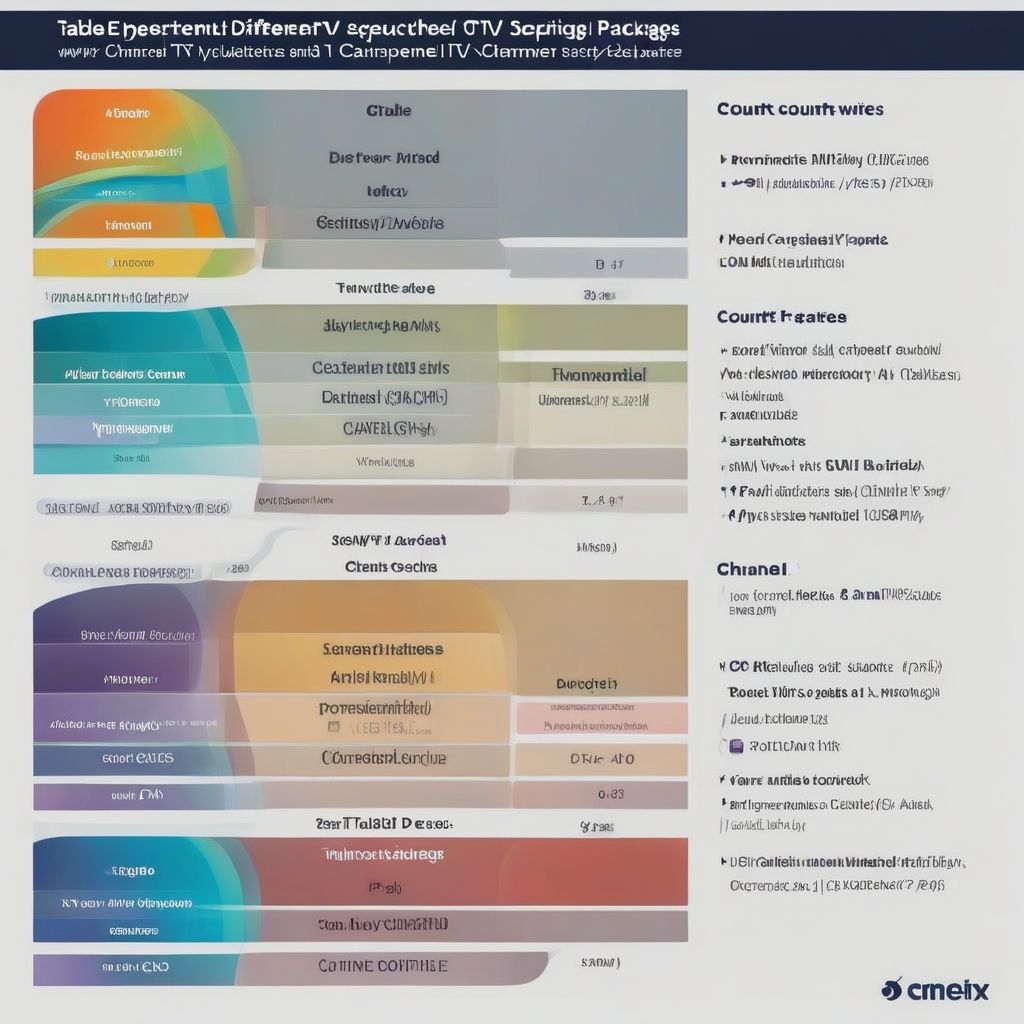In a world facing complex social challenges, the demand for skilled and compassionate individuals in the social services sector continues to grow. If you’re passionate about making a real difference in people’s lives, an Online Social Services Degree could be your pathway to a fulfilling and impactful career.
Understanding the Core of an Online Social Services Degree
An online social services degree equips you with the knowledge and practical skills to address social issues, advocate for vulnerable populations, and promote well-being in diverse communities. This degree delves into areas such as psychology, sociology, social work, and human behavior.
What to Expect from an Online Social Services Degree Program
Online social services degree programs offer a flexible and accessible route to earning your credentials. These programs typically cover a broad range of topics, including:
- Social Work Practice: Learn effective intervention strategies, counseling techniques, and case management skills to support individuals, families, and communities facing various challenges.
- Human Behavior in the Social Environment: Gain a deep understanding of how social structures, cultural factors, and environmental influences impact human behavior and well-being.
- Social Policy Analysis: Examine social welfare policies, legislation, and programs to advocate for social justice and equitable access to resources.
- Research Methods: Develop essential research skills to evaluate programs, analyze data, and contribute to evidence-based social work practice.
Common Questions About Online Social Services Degrees
1. What kinds of careers can I pursue with an Online Social Services Degree?
A social services degree opens doors to a wide array of rewarding career paths, such as:
- Social Worker: Provide direct support to individuals, families, and groups facing challenges like poverty, substance abuse, or mental health issues.
- Case Manager: Coordinate services and resources for clients, connecting them with housing, healthcare, and other essential support systems.
- Community Outreach Worker: Develop and implement programs to address community needs, such as access to healthcare, education, or employment opportunities.
- Substance Abuse Counselor: Help individuals struggling with addiction develop coping mechanisms, navigate recovery programs, and rebuild their lives.
- Gerontology Specialist: Assist older adults in maintaining their independence and quality of life as they age.
2. Is an Online Social Services Degree as respected as a traditional on-campus degree?
Absolutely. Many reputable and accredited universities offer online social services degree programs. It’s crucial to choose a program that is accredited by a recognized body, ensuring that your degree meets industry standards and is valued by employers.
3. What are the benefits of pursuing an Online Social Services Degree?
Online programs offer several advantages, particularly for those juggling work, family, or other commitments:
- Flexibility: Study at your own pace and on a schedule that suits your lifestyle.
- Accessibility: Learn from anywhere with an internet connection, eliminating geographical barriers.
- Affordability: Online programs can often be more cost-effective than traditional on-campus options.
Choosing the Right Online Social Services Degree for You
When researching programs, consider factors such as:
- Accreditation: Ensure the program is accredited by a recognized body.
- Faculty: Look for experienced instructors with practical expertise in the social services field.
- Curriculum: Choose a program that aligns with your career goals and interests.
- Student Support Services: Investigate the level of academic advising, career counseling, and technical support offered.
Conclusion
An online social services degree is a powerful tool for creating positive change. If you are passionate about empowering individuals, families, and communities, this degree path can equip you with the knowledge, skills, and ethical grounding to embark on a deeply fulfilling career. Remember to conduct thorough research, choose an accredited program, and approach your studies with dedication and a commitment to social justice.




